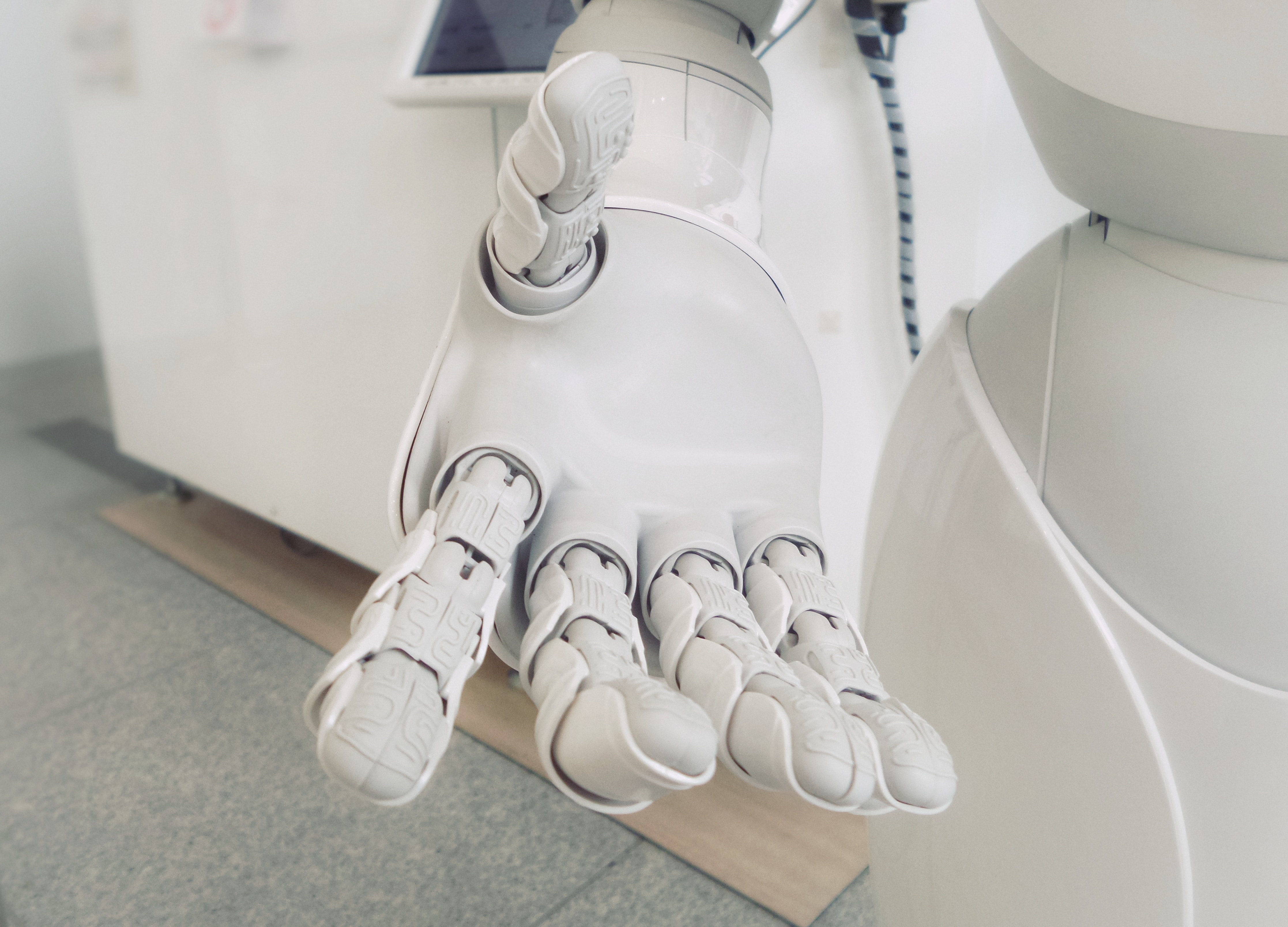The Implications of AI in Candidate Interviews and Other Workforce Activities

It is a brave new world out there. The latest giant leap for mankind as it relates to the human capital world is the application of artificial intelligence or “AI” to the process of candidate interviews. If you find it unpleasant to speak to the automated voice used by increasing numbers of customer service call centers, you’ll probably hate this. But AI has grown sophisticated enough to be effective at candidate screening and the cost benefits of automating this process will likely be too enticing to pass for larger hiring organizations. Take heart though, there are still rules and ways to avoid the worst downsides of this new development.
Currently, no national standard yet exists to protect against abuses of this emerging technology as it often takes some time for governance to catch up to rapid advances. However, at the state level, there have been some recent regulations put in place. For example, Illinois now protects workers’ privacy with its recently signed into law, Artificial Intelligence Video Interview Act. According to reporting from the law firm of Bryan Cave Leighton and Paisner, the new state legislation stipulates:
- Employers must notify applicants that A.I. may be used to analyze their fitness for the position;
- Employers must provide applicants with an information sheet explaining how A.I. works, and the types of characteristics A.I. uses to evaluate applicants;
- Employers must obtain the applicant’s prior consent; and
- Within 30 days of an applicant’s request, the employer must delete the video recording of the applicant and instruct anyone who received copies of the video to delete it, including all backup copies.
However, as the law firm notes, the new law doesn’t evince any remedies for workers who wish to hold accountable any would-be users of AI video interviews in contravention of the new law. So it will probably take several years of individual cases being pushed through the courts before a broad precedent is established and Congress is compelled to write legislation at the Federal level.
As technology continues to pervade the workforce management industry, workers should expect friction between technological advancement and their personal privacy. For their part, hiring organizations will also be tasked with keeping abreast of the emerging patchwork of privacy laws which can be quite disparate in the different markets where these organizations may have operations. What can workers and hiring organizations alike do to protect their respective interests?
The answer lies in striking a balance between the ease and convenience of AI and similar tech applied to business processes and the comfort and security that comes with the human element. For our part, at nextSource, we always include the human element when screening and interviewing candidates. We understand that companies must compete for talent, and the candidate interview experience is critical in attracting the best. If a customer elects to use AI video screening tools, and those systems detect something odd in a candidate’s demeanor, interpreting it as anxiety due to being untruthful, we apply the human touch.
Our team of experienced people springs into action to dig further to determine if there are other factors that may have not been adequately factored into the machine’s calculus. Perhaps the candidate was not feeling well. Or the facial recognition algorithm misinterpreted the facial expressions of the candidate.
Moreover, should a candidate object to the use of the software, our services provide the capacity to conduct the interview or to “sit in” and offer a truly “human” perspective to the AI’s findings. We also ensure that confidentiality is maintained, records are deleted, etc. At the same time, keeping an eye on evolving regulations at the national, regional and local levels is part of the value a proven solution provider brings to this complex and fraught challenge. If you’re a candidate or a hiring organization grappling with issues related to the use of AI-based workforce management processes, speak to nextSource about how to marry the benefits brought by advanced technologies with optimal candidate experience.
To read more on this subject, turn to nextSource for expert guidance and visit our solutions page.
“